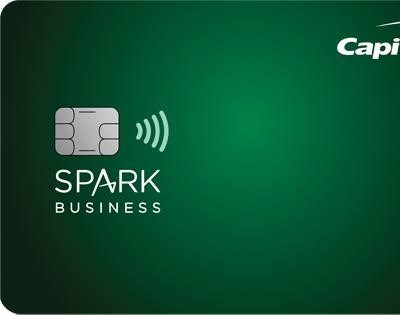
As your mentor in navigating the complex world of cybersecurity, I must strongly advise against the allure of purchasing «CC fullz․» Let’s delve into why this practice carries immense risks and severe consequences․
What are CC Fullz?
«Fullz» is a slang term in the cybercrime underworld referring to a complete set of stolen credit card data, including the card number, CVV, expiry date, billing address, and often even Personally Identifiable Information (PII) like the victim’s name, social security number, and date of birth․ These compromised data sets are typically obtained through various illegal means like data breaches, phishing scams, malware infections, and social engineering tactics․ Criminals then package this stolen information and sell it on the dark web or through other illicit channels․
The Dangers of Engaging with Stolen Data
Purchasing and using CC fullz plunges you headfirst into a world of illegal activity with potentially devastating consequences․ Here’s a breakdown of the risks involved:
Legal Ramifications:
- Criminal Charges: Engaging in carding – the act of using stolen credit card information for fraudulent purchases – is a serious crime․ You could face felony charges, hefty fines, and even imprisonment․
- Identity Theft Charges: Possessing and using someone else’s PII makes you liable for identity theft charges, further compounding the legal trouble․
Financial Risks:
- Financial Loss: Law enforcement agencies are actively cracking down on cybercrime․ If caught, you could face asset forfeiture and restitution payments to the victims of your fraud․
- Damaged Credit History: Even if you avoid immediate legal consequences, any connection to fraudulent activities can severely damage your credit score, making it difficult to obtain loans, rent an apartment, or even secure employment in the future․
Security Risks:
- Malware Exposure: The dark web, where CC fullz are often sold, is a breeding ground for malware․ Downloading these data sets exposes your devices to viruses, spyware, and other malicious software that can compromise your personal information and financial accounts․
- Scam Potential: The sellers of CC fullz are criminals․ There’s no guarantee you’ll receive valid data․ You could be scammed out of your money and left with worthless or fake credit cards and card dumps․
- Account Takeover: Providing your personal information during the purchase process can lead to your own accounts being compromised; The sellers themselves may be looking to steal your identity and financial data․
Ethical Considerations
Beyond the legal and personal risks, purchasing CC fullz contributes to the larger problem of cybercrime and online fraud․ Every fraudulent purchase made with stolen data harms the victims of identity theft and financial fraud․ It also fuels the underground economy that supports these criminal activities․
Protecting Yourself and Others
Instead of engaging in risky and illegal activities, focus on strengthening your own cybersecurity and online security practices:
- Strong Passwords and Multi-Factor Authentication: Secure your online accounts with strong, unique passwords and enable multi-factor authentication wherever possible․
- Phishing Awareness: Be cautious of suspicious emails, messages, and websites․ Never click on links or download attachments from unknown sources․
- Software Updates: Keep your operating system, software, and antivirus programs up to date to patch security vulnerabilities․
- Fraud Prevention Services: Consider using credit monitoring and fraud prevention services to protect your financial accounts․
The risks of purchasing CC fullz far outweigh any perceived benefits․ The potential legal, financial, and security consequences can have a devastating impact on your life․ Choose the ethical and safe path – protect yourself and others by staying away from stolen data and engaging in responsible online practices․

The author provides a valuable service by clearly outlining the potential consequences of engaging with stolen credit card data. Highlighting the legal ramifications, such as facing felony charges for carding and identity theft, is essential. Furthermore, the emphasis on the financial and security risks, including potential financial loss, damaged credit history, and malware exposure, reinforces the severity of these actions and provides a compelling argument against participating in this illegal trade.
As a mentor in cybersecurity, I commend the author for shedding light on the critical dangers of purchasing and using stolen credit card information («CC fullz»). This practice not only carries severe legal repercussions, including hefty fines and imprisonment, but also exposes individuals to significant financial and security risks. The explanation of how these data sets are obtained through illicit means like data breaches and phishing scams is particularly insightful and serves as a crucial warning to those considering engaging in such activities.
This piece effectively educates readers about the dangers lurking within the cybercrime underworld. The clear definition of «fullz» and the detailed explanation of the risks associated with purchasing and using stolen data are particularly commendable. The author